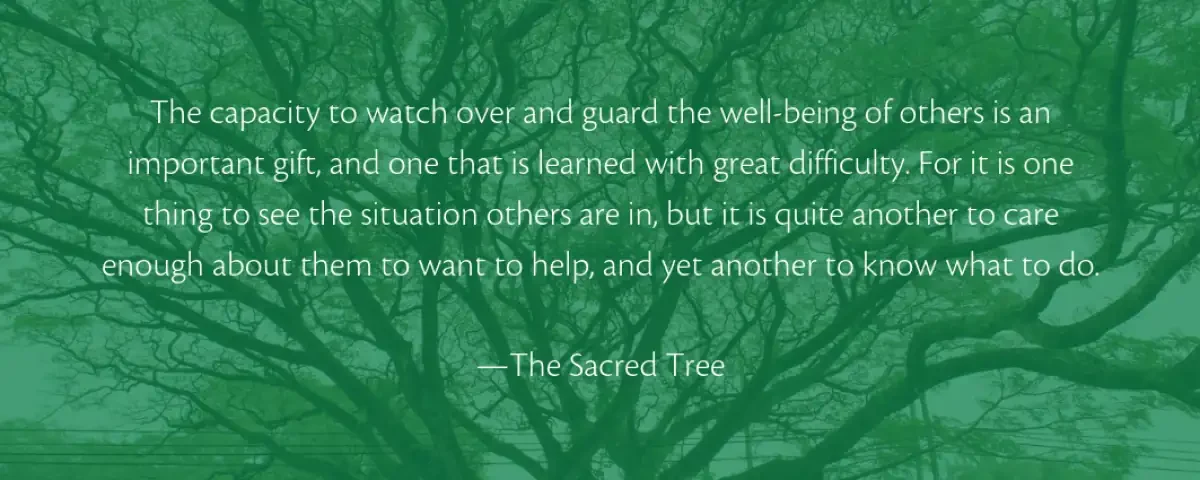by Mary Koloroutis, MSN, RN, CEO
Engaging the executive team in a facilitated session with patients and their families is a highly effective way to connect the full executive team directly to the patients’ experience of care. In just such a facilitated session, six patients and their family members told stories about their care and then interacted with the executive team members in small groups to explore their experiences further. The patients gave specific examples of the things that mattered most to them, such as a gentle touch when one woman was feeling especially vulnerable and afraid, a nurse’s advocacy when the person was worried about a procedure and the implications, a listening ear in the middle of the night when one man was feeling very alone and already missing his wife who was dying. They described the little things that mattered most, like knowing who was caring for them, a tissue box within reach, trusting that the caregiver would help them stay steady as they weakly transferred from the bed to the chair after extensive surgery. They described experiences of feeling seen, of being touched, of being protected, and of being respected and treated with regard and dignity.
They also shared moments in which they did not experience caring interactions and described what that meant to them—the rushed physician who did not look at them when she spoke, spoke in terms they did not understand, and conveyed that she was too busy to listen right now. The transport attendant who talked loudly to others in the elevator (while forgetting the person on the cart) and seemed to find every bump in the hallway to run over as he took the patient to the procedure room. The receptionist who would not look up as a family member stood by the desk needing assistance. Fortunately, their experiences of “noncaring” were much less frequent than their experiences of compassionate care, and while those experiences were upsetting, they were not earth shattering because they encountered so many more staff members and physicians who were attuned, compassionate, and gracious.
The executive team’s response to the facilitated experience was very positive with many members expressing the desire to have future listening sessions in which they would engage with patients and families in the same intimate and meaningful way.
Some lessons learned:
- The quality of the relationship between the nurse and the patient and family has a significant and often pivotal influence in the overall experience of care during hospitalization.
- Patients and families expect top-notch clinical quality as a minimal standard—a baseline! Compassionate, knowledge-based care is what makes the care experience excellent, and it makes a profound difference in the ability of people to recover and heal.
- When the care experience is compassionate and humane, patients and their families report high levels of satisfaction and loyalty to the organization.
- Patients’ and families’ stories were about caring, touching, comforting, supporting, and advocating. The stories related times in which caregivers helped when someone was feeling uncertain, vulnerable, afraid, or in crisis. The stories described times in which people felt “safe and seen” within strange and even life-altering circumstances.
- The care experience is complex from both a clinical and a human perspective. We must expect and support high-level interpersonal competency development for clinicians and others who touch the lives of patients and families. Interpersonal skills are as critical for high-quality care as technical skills.


